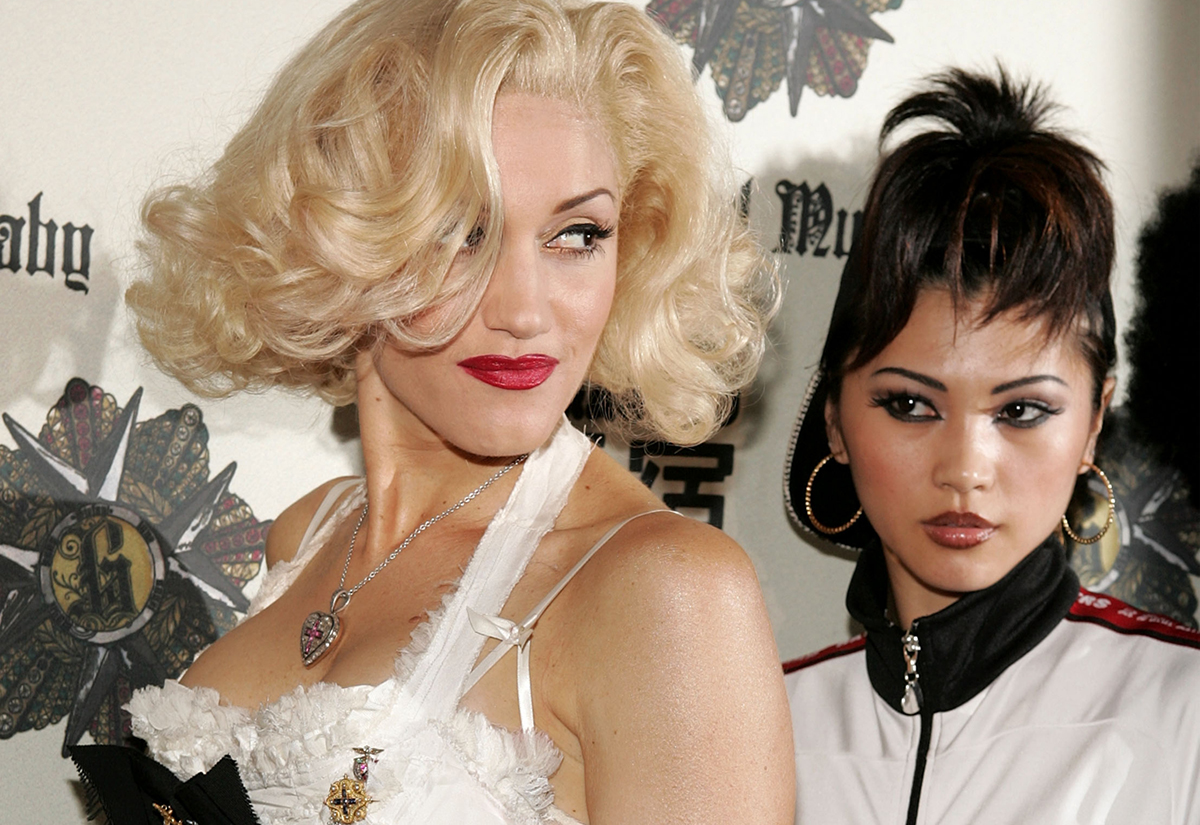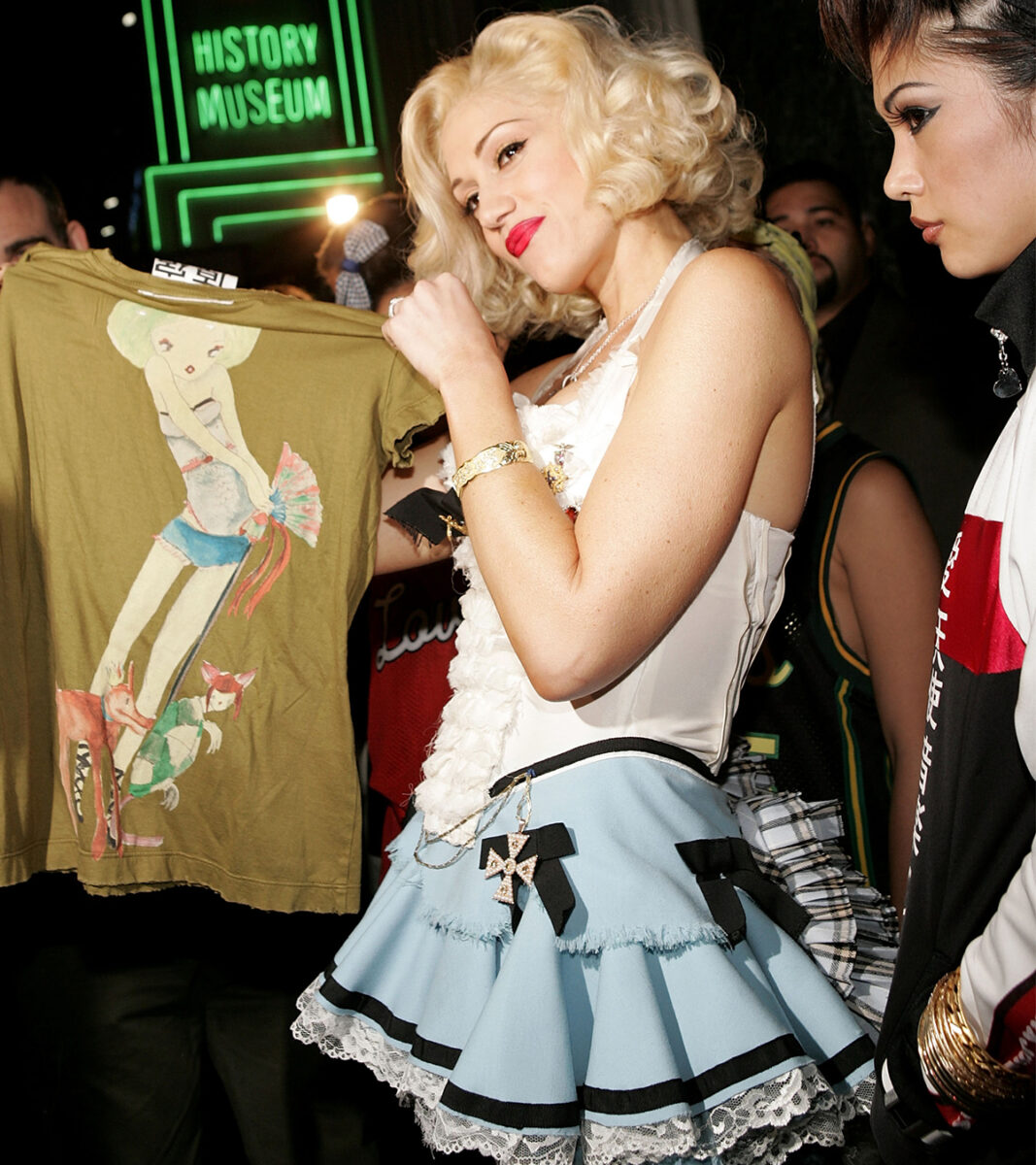Gwen Stefani Rejects Cultural Appropriation Accusations, Says Social Media ‘Narratives’ Are ‘Dividing Us’

Vince Bucci, Getty Images
Grammy-winning, multi-platinum musical artist Gwen Stefani says that there was more “freedom” before “social media narratives” began to divide people, in a new interview with Paper Magazine out Wednesday.
Stefani has been accused of “cultural appropriation” over her Harajuku Girls back-up dancers and adoption of Japanese street fashion, going back to the early 2000s. But she never agreed with the idea, and she still doesn’t.
“I had this idea that I would have a posse of girls — because I never got to hang with girls — and they would be Japanese, Harajuku girls, because those are the girls that I love. Those are my homies,” Stefani told Paper’s Kat Gillespie. “That’s where I would be if I had my dream come true, I could go live there and I could go hang out in Harajuku.”
She pushed against “cultural appropriation” even being a real thing.
“If we didn’t buy and sell and trade our cultures in, we wouldn’t have so much beauty, you know?” Stefani said. “We learn from each other, we share from each other, we grow from each other. And all these rules are just dividing us more and more.”
The singer partly echoed what other artists and entertainers have recently said, seemingly critical of “woke” or “cancel” culture, if indirectly and not by name.
“I think that we grew up in a time where we didn’t have so many rules,” she said. “We didn’t have to follow a narrative that was being edited for us through social media, we just had so much more freedom.”
Stefani pushed back on another modern entertainment trope: that a celebrity or artist must weigh in on hot-button political issues. Singers and celebrities who refuse to comment on issues brought up by social activism can face backlash simply for their silence. Stefani, without mentioning that specifically, disagreed with the premise.

Gwen Stefani at 2005 launch of her Harajuku Lovers brand of clothing and accessories. (Photo by Vince Bucci, Getty Images)
“Ska she’s always happy to discuss, but Stefani was brought up to keep her electoral preferences personal, and that rule has held for her entire career,” writes Gillespie.
“The whole point of voting, is you have this personal space to feel how you feel,” Stefani says. “I use my platform to share my life story and to engage with people and to exchange whatever gift I was giving. I’m not a political science major. I am not that person. Everyone knows that. So why would I even talk about it?”
The topic of feminism as it applied to her career led her back to another criticism of social media narratives.
“I don’t need to go on Instagram and say ‘girl power.’ I just need to live and be a good person and leave a trail of greatness behind me,” she said. “Stop talking about it and stop trying to bully everybody about it. Just do it. And that’s how I feel like I’ve lived my life.”
“Stop trying to bully everybody about it.” That’s an increasingly common refrain among entertainers when asked about the social mob/cancel culture phenomenon. Whatever way the interviewers or their celebrity subjects choose to phrase it, the meaning is obvious: Back off and let us just be free.
Read the entire interview and profile here, from Paper Magazine.





Comments
↓ Scroll down for comments ↓